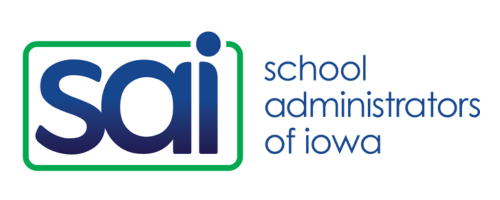Maximizing the Benefits of All-day Preschool: The Role of the Principal
Leverage these leadership behaviors to sustain the benefits of full-day preschool.
A recent Education Week article reports on a study that finds significant benefits of all-day preschool, located in or near elementary schools, for low-income students in particular. Their math and reading achievement and social-emotional development by the end of third grade was better than their peers who attended only half day.
Key to the benefits of all day preschool is the role of the principal. Students experienced better results in schools where the principal, preschool teachers, and families collaborated to align the preschool experience to the primary grades—curriculum, teacher professional learning, and family supports.
Leadership behaviors that lead to sustained results for all-day preschool students:
- Integrate preschool as part of the broader elementary environment. Foster relationships among all building staff—including preschool teachers. Schedule time quarterly or biannually for preschool teachers to meet with elementary teachers to review curriculum and student data (vertical articulation meetings). Schedule transition meetings between preschool and kindergarten – these teachers might “create a list of the 10 most-needed skills to ease the transition for rising preschoolers—things like writing their first and last names and generating rhymes for a given word.” Consider how preschool teachers might be included in building-wide professional development (when relevant!).
- Know what is happening in the preschool classrooms. What is the preschool culture? How are staff communicating with students? What do questioning and discussion look like? Play is at the center of the preschool experience and learning happens through play. Identify strengths and opportunities for growth; provide coaching and feedback to support staff in serving the needs of their preschool students.
- Tell the stories of teaching and learning in K-3. In your visits to preschool classrooms, paint the picture of the K-3 experience so that preschool staff understand the expectations for their students as they transition through the system. What is their role in preparing preschoolers for the next level of learning?
- Model learning. You may not be an early childhood expert—don't let that be a barrier to you seeking to understand the principles of early childhood education!
